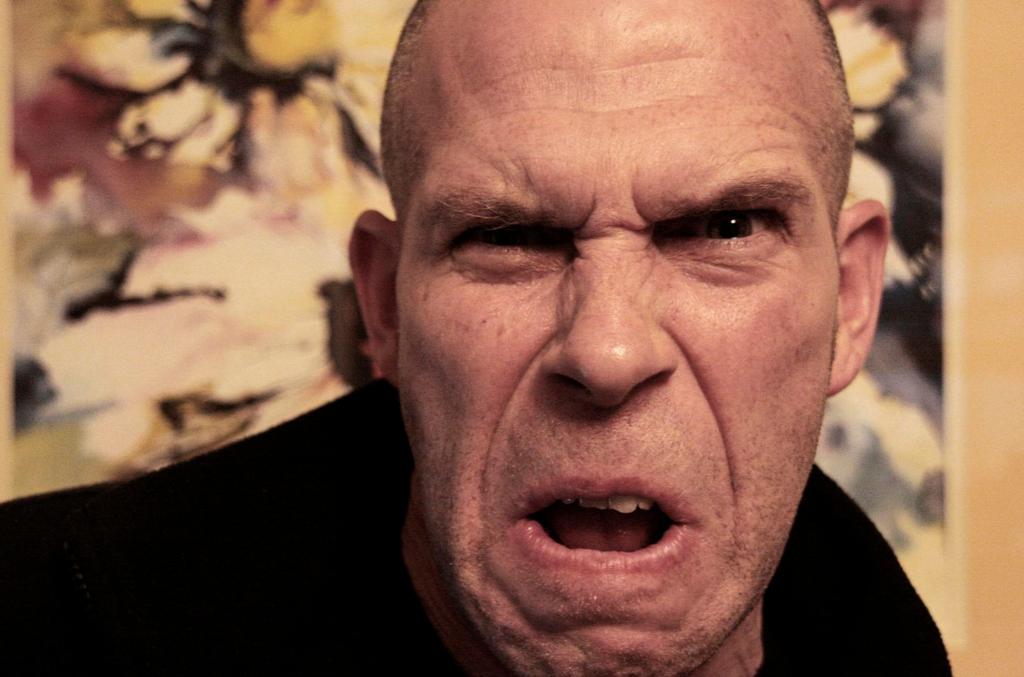
As a coach, damaged, broken people are not bad or good. They’re just people. And often, they’ve come to be coached on how to be less difficult.
In the workplace, however, it’s a whole different story. After all, we don’t come to work to be coached, and in my experience, the more damaged or broken someone is, the less they are open to being coached by colleagues. No, damaged and broken people tend to be very difficult workmates. Sometimes they’re bullies. More often, they’re just bad at taking responsibility for their failings and end up blaming their colleagues and their boss. For this reason, they are best avoided. But how?
The best place to start is by never trying to be a rescuer. If you’re a kind and generous person, this can be harder than it sounds. When someone is clearly trapped or wounded, you may feel compelled to throw them a life-line. It could be that they’re obese, or they have a bad reputation. Perhaps you can see something special in them that others, apparently, have overlooked. Despite their obvious flaws, you can see how smart or creative they clearly are. It could be they’ve reached middle age without achieving the status you feel they deserve. You’re drawn to help them. Don’t.
1. Reputations are deserved.
The reason people say Hyenas bite is because they do. If you’ve heard someone is a bully, they probably are. It could all be down to their domineering hyper-masculine dad, but you won’t be able to fix it. Check out their LinkedIn profile and read the recommendations of others carefully. If there aren’t any, that’s also a big warning sign.
On the day a new hire of mine was announced in the trade press, I felt sick to my stomach when I got a call from a former boss saying this person had stolen the credit for an idea that wasn’t theirs and had gone on to alienate the whole team and the client. Sure enough, history repeated itself. But I was to blame for not having called the former boss first, before I made the hire.
2. Look at the whole of their life
I was interested in the theory that as an only child with no children of her own, Britain’s former Prime Minister, Theresa May, was unpracticed in negotiating the kind of compromise usually taught by siblings and parenting.
Similarly, being in a long term relationship teaches us valuable life lessons. If someone has never been in a long relationship, if they’re still single later in life, they may not possess the necessary skills to build deep, personal relationships, with colleagues or clients. Naturally, these skills are not required in many roles but don’t expect someone to get along well with others at work, if their personal life shows no evidence of them being able to bond.
3. Don’t believe their version of the past
They’ll tell you how a past employer stole ideas from them. They’ll share the trauma of being fired by a tyrannical boss without just cause. It will be tempting to attribute their past failures to the misdeeds of others. Don’t. Even when the blame may not rest with them, whole people take responsibility for their failures. Broken people invariably blame others. One day soon they’ll be blaming you.
4. The future will not look different from the past
We all hope that 60 will be the new 40; that hope will spring eternal; that the past does not need to dictate the future.
I wanted to believe all this so fervently, that more than once I invested in the careers of people who I told myself had still to realize their full potential. I was deluded. In professions where teamwork is required, if someone hasn’t made it by their mid 40’s, they simply won’t. They may not have accepted it. You may not want to either. But they have reached their level. For them, it will be downhill all the way from here. Be sure you don’t hitch your star to their tumbling wagon. When they fail to deliver, they won’t take responsibility and apologize. They will do what they’ve always done before. They will try to take it out on you.
Don’t say you haven’t been warned.
Read the full piece I wrote for Forbes all about Damaged People and How To Screen Them Out
Remy Blumenfeld is a creative life coach living in London. He empowers leaders to play the game of life with purpose, grace, and ease. Before training as a coach, he launched a TV Production company that created dozens of groundbreaking, TV shows.



